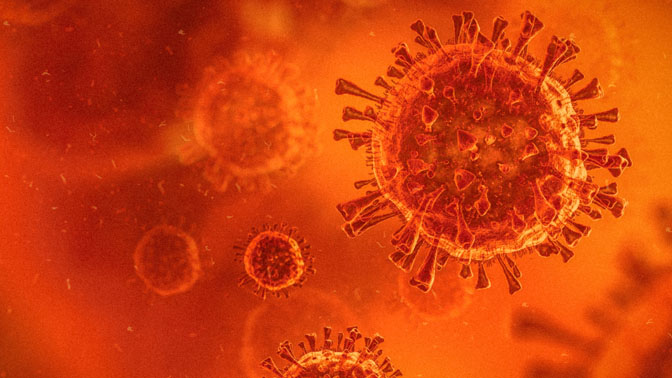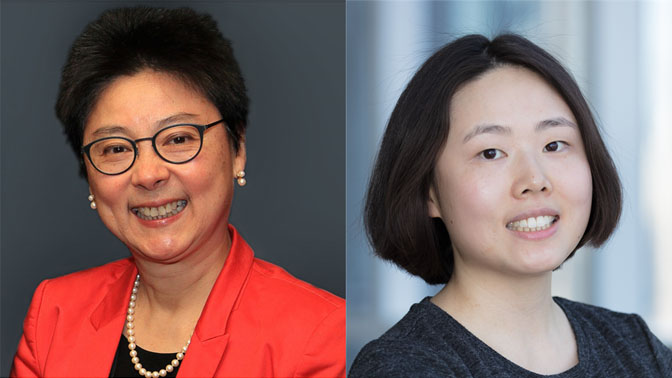
As the pandemic continues, several studies from around the world have reported an increased risk of COVID-19 among individuals affected with cancer. And cancer patients comprise a higher proportion of COVID-19 cases than expected.
To understand why, a study led by Dr. Fei-Fei Liu at the Princess Margaret Cancer Centre looked at whether genes known to facilitate viral entry into the body were expressed differentially in healthy versus cancer tissues in adults and children.
“Specific factors found on the surface and inside of our cells help the SARS-CoV-2 virus gain entry during a COVID-19 infection,” explains Dr. Liu. “Given the increased COVID-19 infectivity rates among cancer patients, we suspected that these factors were elevated during cancer.”
Using available large-scale genomic datasets, the team evaluated the expression of three critical factors for entry—ACE2, TMPRSS2 and CTSL—in various healthy and cancerous human tissues.
They found that expression of these SARS-CoV-2 viral entry genes was increased in respiratory, gastrointestinal and genitourinary tract tissues in individuals with cancer versus health individuals. Furthermore, expression of these genes were lower in cancer tissues from children compared to those from adults.
The team further investigated why cancer patients experience more severe COVID-19 symptoms than the general population. They assessed whether radiotherapy—a common cancer treatment that uses radiation to destroy cancer cells—hindered the body’s natural defense mechanisms that are needed to fight the virus.
The team’s findings revealed that radiotherapy did weaken immune defenses and did so by changing the expression of genes involved in immunity. These changes were restored to normal a few weeks post-treatment. Similar effects were observed with chemotherapy as well.
“Further work is needed to understand whether it would be beneficial for clinicians to adjust the timing of radiotherapy or chemotherapy for cancer patients during an active COVID-19 infection in order to minimize their impact on immune system function,” says Dr. Liu.
This work was supported by the Canadian Institutes of Health Research, the Government of Ontario, the Ministry of Science and Technology of Taiwan, the Ontario Institute for Cancer Research and The Princess Margaret Cancer Foundation. FF Liu holds the Peter and Shelagh Godsoe Chair in Radiation Medicine. TJ Pugh holds a Tier 2 Canada Research Chair in Translational Genomics.
Kwan JYY, Lin LT, Bell R, Bruce JP, Richardson C, Pugh TJ, Liu FF. Elevation in viral entry genes and innate immunity compromise underlying increased infectivity and severity of COVID-19 in cancer patients. Sci Rep. 2021 Feb 25. doi: 10.1038/s41598-021-83366-y.

Dr. Fei-Fei Liu, Chief of the Radiation Medicine Program and Senior Scientist at the Princess Margaret Cancer Centre and Dr. Jennifer Kwan, radiation oncology resident and first author of the study.




